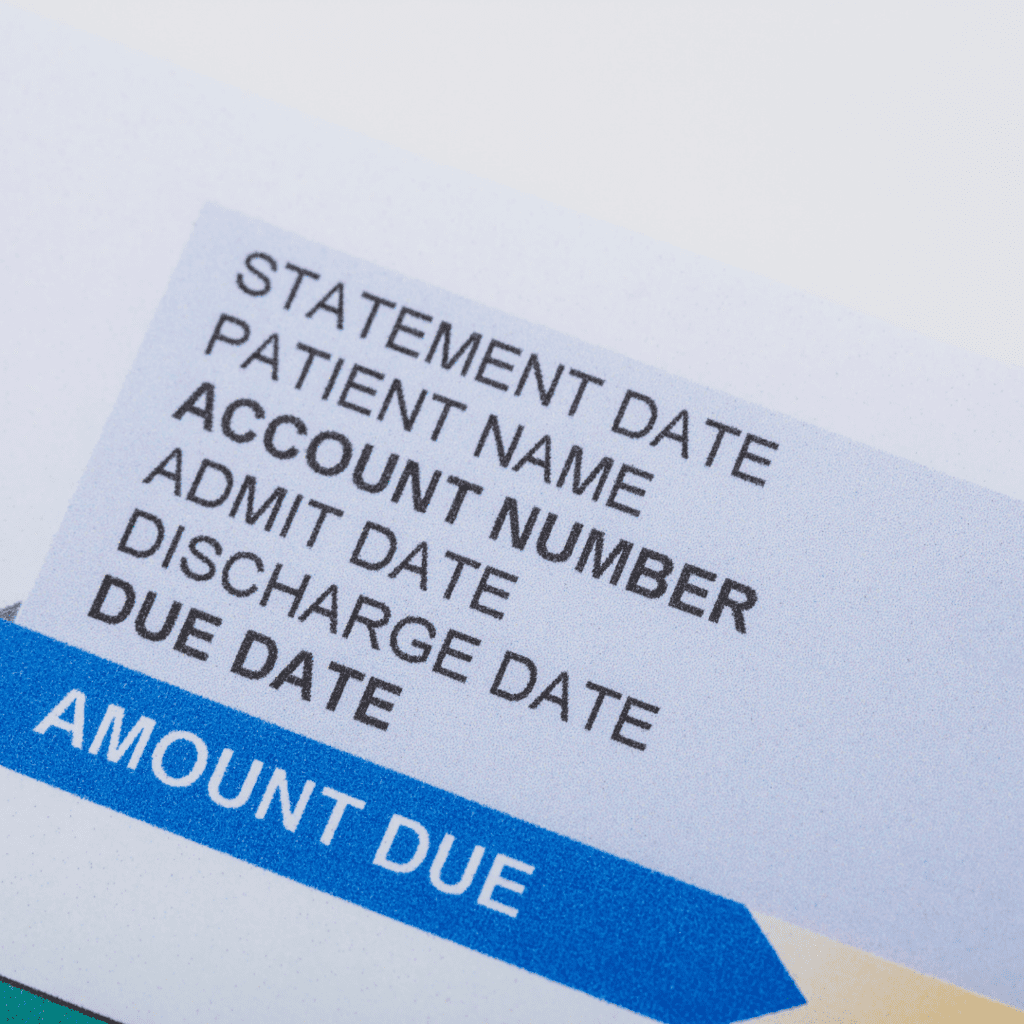What if I have no assets?
Are you considering bankruptcy? Refer to the bankruptcy code to find out which of the different types of bankruptcy you should file. For personal bankruptcy, the bankruptcy chapters you should pay attention to are either 7 or 13. 7 is the bankruptcy chapter involving liquidation while 13 is all about debt reorganization.
A Chapter 7 bankruptcy petition is usually the preference of debtors who have very few assets. For a Chapter 7, a debtor must pass or be exempted from a means test. The presumption is that Chapter 7 filers hand over their assets to their bankruptcy trustee for liquidation. However, this isn’t really the case. Most Chapter 7 bankruptcy cases qualify as no-asset chapter 7, so debtors don’t actually have anything for the trustee to liquidate.
No-Asset Bankruptcy Filings
In a no-asset bankruptcy case, filing for bankruptcy doesn’t jeopardize ownership of your assets since they qualify as bankruptcy exemptions whether under state law or federal law. Creditors essentially don’t get paid since there are no proceeds from the bankruptcy process. A Chapter 7 bankruptcy filing usually results in the discharge of most of the filer’s debts. Therefore, it’s unlikely that a creditor would be able to collect on something that the debtor was unable to pay. Incidentally, there are certain debts that aren’t dischargeable. For instance, debts like taxes, student loans, and child support cannot be discharged. The bankruptcy court will notify the creditors that they won’t be able to collect on the pertinent debts and won’t need to file a proof of claim.
Bankruptcy Exemptions
Those filing bankruptcy under Chapter 7 officially yield their assets to the bankruptcy estate. Assets are liquidated so that creditors can recoup their losses. However, this includes only non-exempt property. Bankruptcy law provides that a debtor be able to keep some property for survival during the bankruptcy process and after. The list of exemptions for bankruptcy is different from state to state. There are exemptions that apply to specific assets such as houses or cars, and there are wildcard exemptions. In other words, prized possessions are valued in bankruptcy.
Bankruptcy filers base their choices on the bankruptcy laws in their state, taking special note of the exemptions allowed them, which contribute to the bankruptcy protection they and their assets can receive. There are states that limit filers to state bankruptcy exemptions, and there are states that allow the choice between state and federal bankruptcy exemptions.
Unlisted Assets
In instances where the trustee discovers that the filer has non-exempt assets that are not included in the bankruptcy information provided, whether their exclusion was deliberate or unintentional, the trustee has to inform the creditors about it so they may submit proofs of claim to be able to collect from it. In case of such a discovery, penalty and case dismissal are distinct possibilities if the omission was deliberate.
Keep in mind that Chapter 13 is another option if you want to hold on to your non-exempt assets. Passing the means test doesn’t necessarily make you ineligible to file for bankruptcy under Chapter 13.
Are Financial Problems Pushing You to File Bankruptcy? Call a New Jersey Bankruptcy Attorney Today!
Declaring bankruptcy is an involved undertaking. Besides choosing the right options, you also need to know how to file correctly. This is why it’s best to consult a bankruptcy lawyer for legal advice and guidance even before filing. You need insight, know-how, and a clear mind in filing your bankruptcy petition.
Being in financial distress usually makes it more difficult to get things done competently. Fortunately, bankruptcy lawyers can provide assistance to beleaguered debtors throughout the process. If you think bankruptcy is the debt relief solution for you, call us at Lucid Law to schedule a free consultation.



